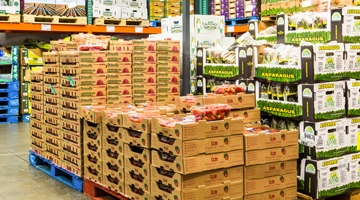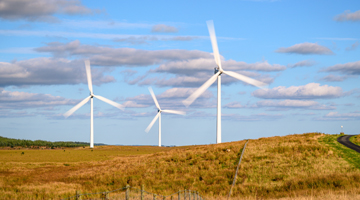 https://www.3keel.com/wp-content/uploads/2024/04/fwd_sf.webp
200
360
Richard Sheane
https://www.3keel.com/wp-content/uploads/2023/04/3keel_logo-1.png
Richard Sheane2024-04-04 13:23:512024-04-04 14:41:40Wholesale sector net-zero roadmap
https://www.3keel.com/wp-content/uploads/2024/04/fwd_sf.webp
200
360
Richard Sheane
https://www.3keel.com/wp-content/uploads/2023/04/3keel_logo-1.png
Richard Sheane2024-04-04 13:23:512024-04-04 14:41:40Wholesale sector net-zero roadmapCASE STUDY THE WINE SOCIETY
The Wine Society uncorks new carbon reduction strategy
We’ve been working with The Wine Society to create a targeted carbon reduction roadmap for the business’s carbon targets.
The Wine Society is the world’s oldest member-owned wine merchant, operating since 1874. The Society has over 180,000 members, and sells over 1,400 varieties of wine from across the globe.
Grape growers are already feeling the impacts of climate change. Growing in temperate and arid climates, many are finding that heat and drought are impacting their yields. This makes tackling climate change an even more pertinent task for The Society.
3Keel has been supporting The Society to tackle their carbon emissions. In order to understand their carbon impact, we worked closely with The Society to calculate an accurate base year footprint across all three scopes for their business. The base year footprint allowed us to find the business’s emission hotspots, and in turn to create a practical carbon reduction roadmap for each part of their business.
Creating the carbon reduction roadmap involved interviews with teams at The Wine Society to understand the ins and outs of their business, and carbon modelling to understand the impacts of different actions. We also spoke to a number of The Society’s suppliers to understand what the biggest challenges for carbon reduction in the supply chain might be.
Gathering bespoke insights from the team and from The Society’s suppliers allowed us to develop a detailed carbon reduction roadmap for the business, including targets and time-bound actions to achieve these goals. In line with The Society’s ambition to push the sector to be more sustainable, The Wine Society has published the roadmap online.
This carbon reduction strategy is just the start of an ambitious sustainability plan for The Society. The business is taking action to improve its sustainability across the board, from reducing their carbon emissions and improving their packaging, to working with their suppliers to support their vineyards and to understand the benefits of regenerative viticulture.






